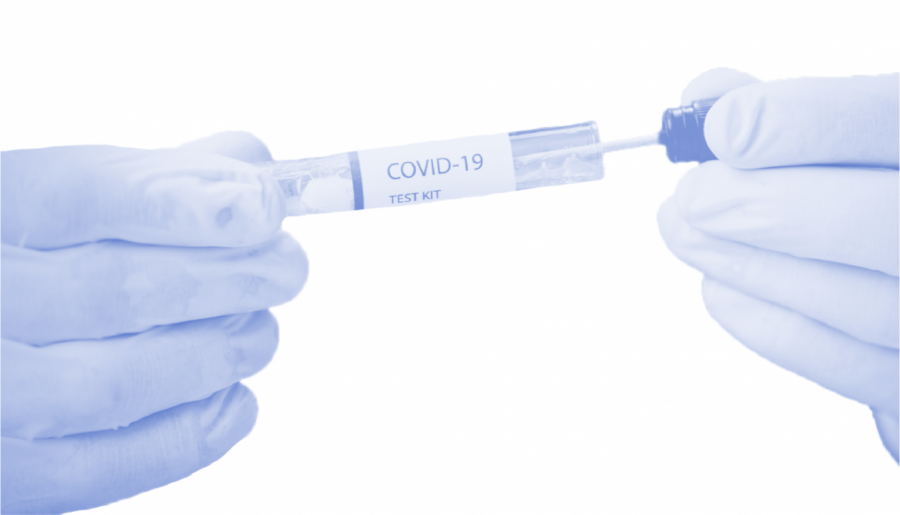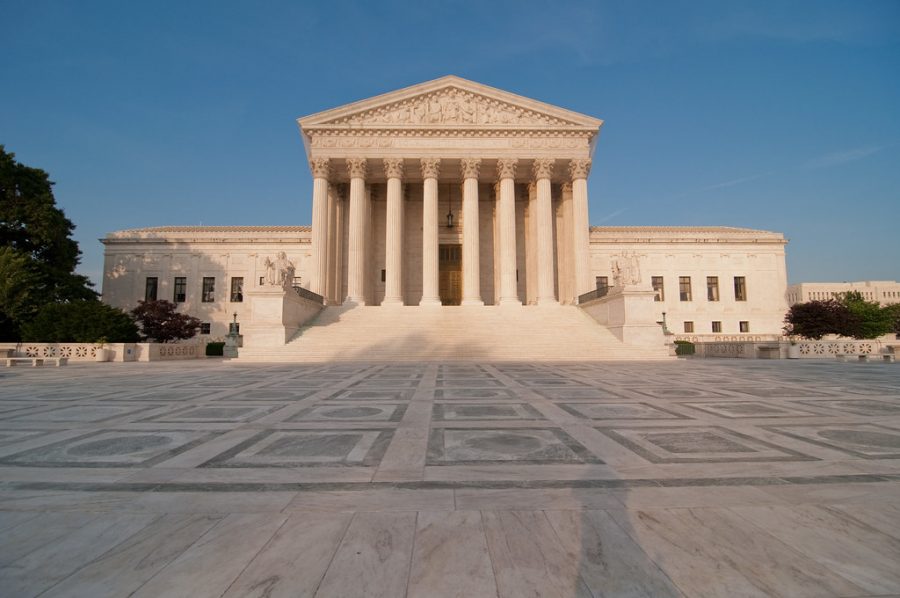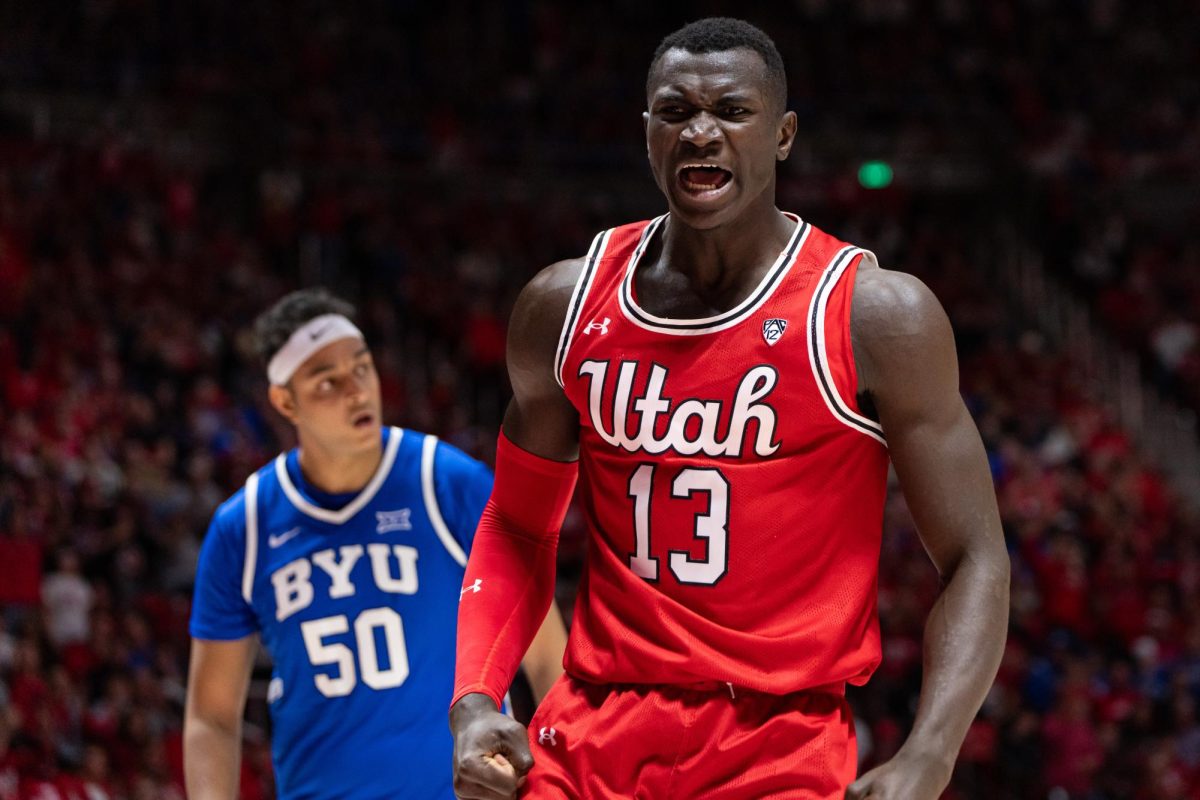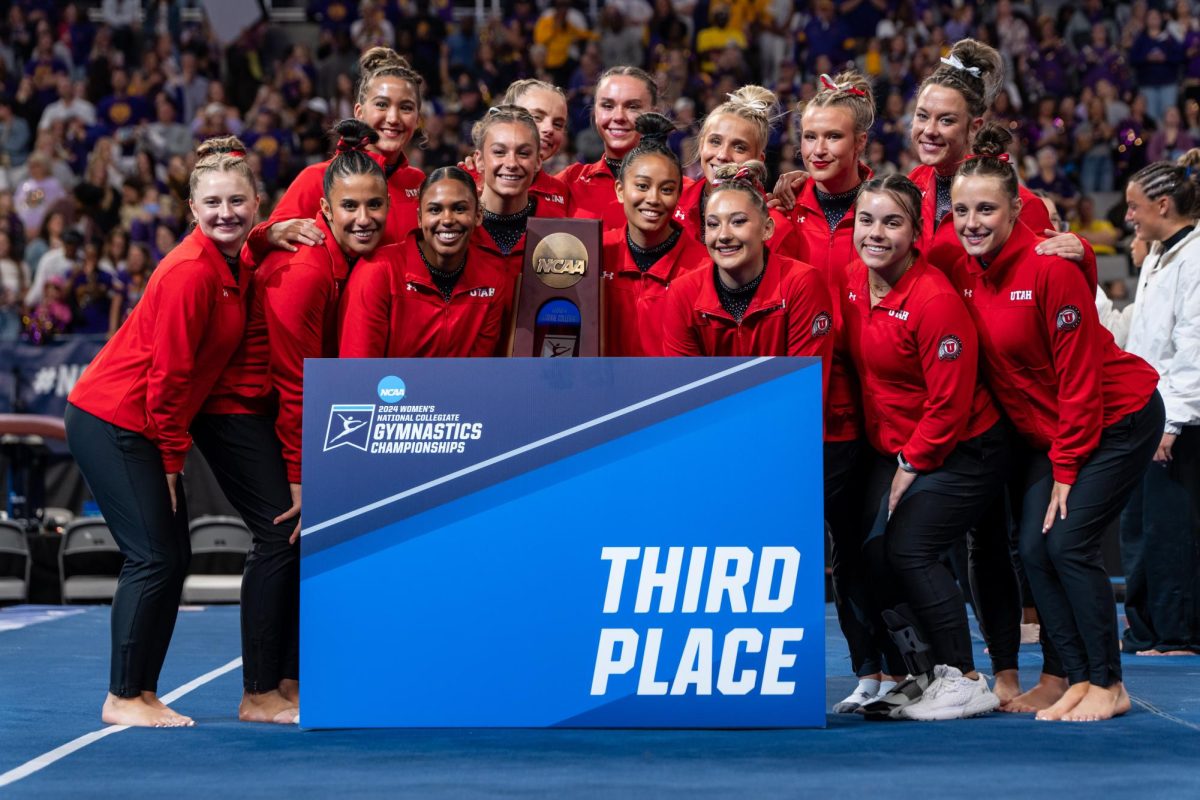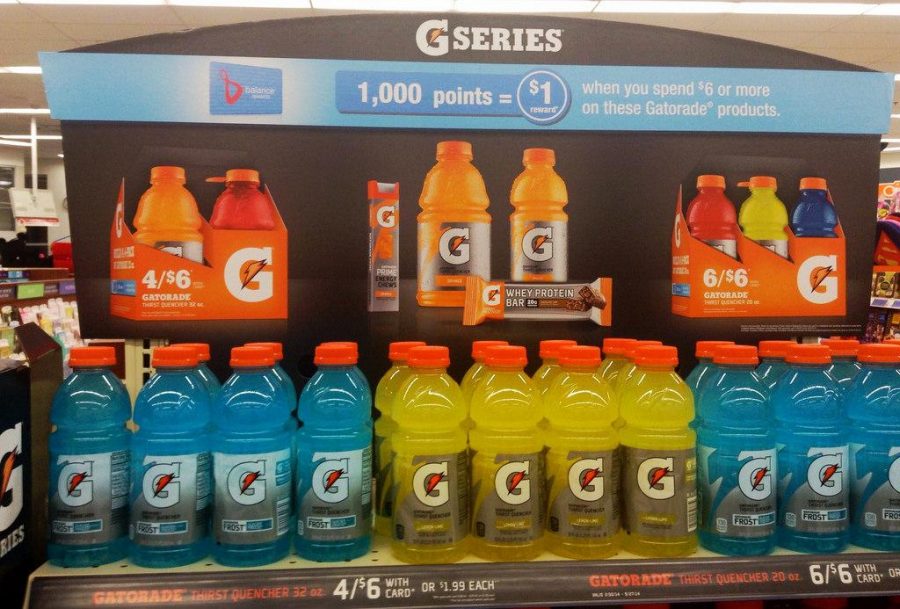Create a Body of Water
Blake Marshall
When people think of fueling their body for training or competition, they naturally go for the marketing ploy that is Gatorade.
Yes, it is true that Gatorade replaces sodium and potassium that are lost when you sweat — a whopping seven percent of your daily value of sodium, and one percent of potassium. Do you know what else replaces electrolytes? Pickle juice. Yes, nasty pickle juice can do the same thing as Gatorade for your body.
What’s worse, Gatorade is full of sugar and it has 14 grams of it per eight-ounce serving. Since the FDA has no formal recommendation for sugar intake per day, this gets lumped in as carbohydrates, and 14 grams of sugary carbs brings the total to six percent of your daily intake in just eight ounces of your favorite lemon-lime drink. To illustrate this point, the average sugar packet contains roughly four grams of sugar. Now, take four sugar packets and swallow them, and you have one serving of Gatorade. Since the smallest Gatorade bottles are 12 ounces, and most people don’t go by recommended serving size, people are drinking one-and-a-half to maybe even four servings at a time.
Sure, Gatorade tastes good — and yes, in the middle of competition, Gatorade may help restore some lost electrolytes. But for all-around health, performance and recovery though, there is a magic elixir capable of aiding in muscle growth, increasing brain function and helping to maintain a healthy weight, all while having exactly zero calories. We can refer to this magic potion by its chemical compound, H2O. If you haven’t caught on yet, I’m referring to water.
While Gatorade and other sports drinks may have more flavor and bright colors, they would never be anywhere without water. As an athlete, I knew that if I didn’t drink close to a gallon of water a day while training I would be sluggish, tired and unable to focus on the tasks at hand. Many of my teammates feel the same way, and during games they would choose water over the sports drinks, because the sugar would dry their mouths out.
Our bodies are between 45-70 percent water. Water is the major source of muscle volume, and is a vital source of muscle repair, along with protein. Water is cool and refreshing as well. You can dump water on your head and neck while working out and not feel like a sticky mess afterward. The best part of water is that you can drink it anytime. When Gatorade was first formulated at the University of Florida in 1965, it was designed to be used to replace electrolytes only during games. This was to give the team a competitive advantage. Somewhere along the way, this idea of drinking only during performance was lost, and Gatorade became a “healthy choice,” because it was a sports drink. Water, on the other hand is good for pre-training, post-training, with meals, early in the morning or in the middle of the night. Gatorade cannot make that claim.
There was a time in my life where I was on the Gatorade bandwagon. Playing high school baseball, I believed that without my Gatorade I would not play to my full potential. I thought only Gatorade would make me the best athlete I could be. What Gatorade made me was thirsty for more Gatorade. It made me need two to three per game to feel like my thirst was quenched. That’s not what an athlete needs. What an athlete needs is consistent water consumption, with a good high-protein diet, leafy green vegetables and fruit for vitamins and natural sugars. If an athlete is diligent with nutrition and hydration, they will have the needed electrolytes, and cramping will be less of an issue. No magic sports drink will fix a poor diet and lack of hydration outside of training, especially when it contains 14 grams of sugar per serving.
If you don’t believe me, that’s fine, but remember, when Bobby Boucher took the Mud Dogs to the Bourbon Bowl, they weren’t drinking Gatorade.
Sports Drinks Fuel Success
Jared Walch
In the classic ‘90s film “The Waterboy,” Adam Sandler’s character Bobby Boucher makes the college football team after his dedicated service as its waterboy. He eventually becomes known across the country for his hard-hitting tackles and sacks. At first, he is hesitant to want to hurt anyone, but eventually his coach is able to coax out his anger and emotion on the field by visualizing one of the other team’s players being mean or insulting to him.
At one point during a game before he goes in, his coach stops him and tells him, “Water sucks. Gatorade is better.” When the waterboy goes into the game, he visualizes his coach telling him that “not only does Gatorade quench your thirst better, it tastes better too.” The rest of the film is history, but the coach has a point. Water is okay, but for optimal performance, athletes should consume sports drinks.
Now I know that people are all about the newest latest health craze, and that people are generally more health-conscious than they have been in the past. People will point out the fact that sports drinks are often loaded with sugar, thus making them relatively unhealthy compared to plain water.
I’m not suggesting that athletes should stop drinking water during exercise, but science has consistently shown that there is a place for sports drinks in exercise and competition. If you are leisurely going on a stroll or a light jog, sports drinks aren’t for you. If you are doing something that doesn’t require a lot of intensity or hard work, stick to water. When it counts though, you should choose sports drinks like Gatorade.
When exercising for more than an hour — or lessif you are doing a more intense exercise — you end up sweating a lot. When that happens, you lose more than just fluids. You sweat out minerals and electrolytes that you need to perform at your best. In fact, that was the entire reason that sports drinks came around in the first place.
Gatorade was invented in the 1960s by the medical team at the University of Florida to help the football team perform better. Many of the players were affected by the heat, and as a result they often succumbed to heat-related illnesses. The players responded well after the first season using the drink, and within two years the team went on to its first ever Orange Bowl game.
The main reason is that sports drinks replenish your body’s stores of electrolytes, things like sodium and potassium. These electrolytes are more than just funny-sounding scientific terms. They can affect the amount of water in your body and how well your muscles function. If your muscles can’t function correctly, you can’t compete well. If you can’t compete well, you can’t win.
There is a reason why athletes in nearly every sport choose sports drinks over water. Sports drinks help you perform better. Not only that, but to give a throwback to our movie reference, sports drinks taste better. After all, there’s only so much water your body can drink before you get a stomachache. After a while, you just don’t have the taste or desire for water anymore. Because sports drinks taste better, you may likely end up taking in more liquid than you would otherwise.
Water has its place, but there’s no doubt that sports drinks are the undisputed king of sports hydration.









